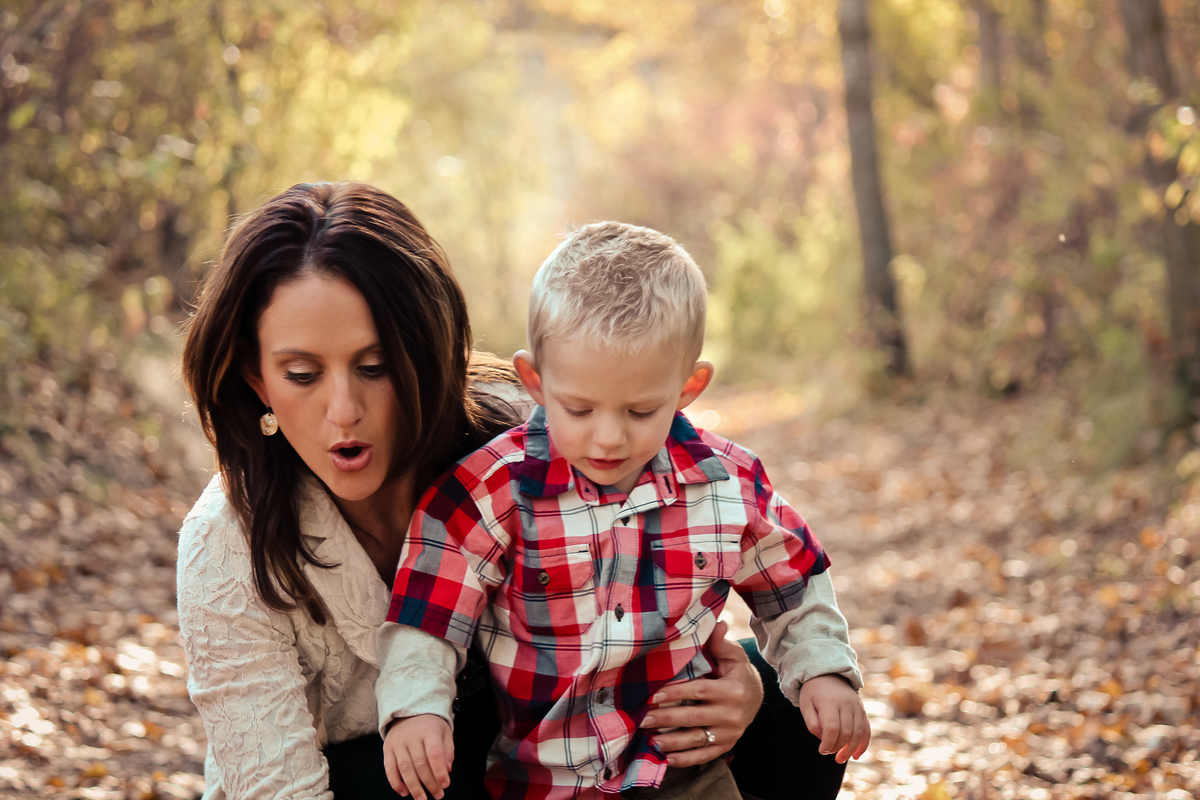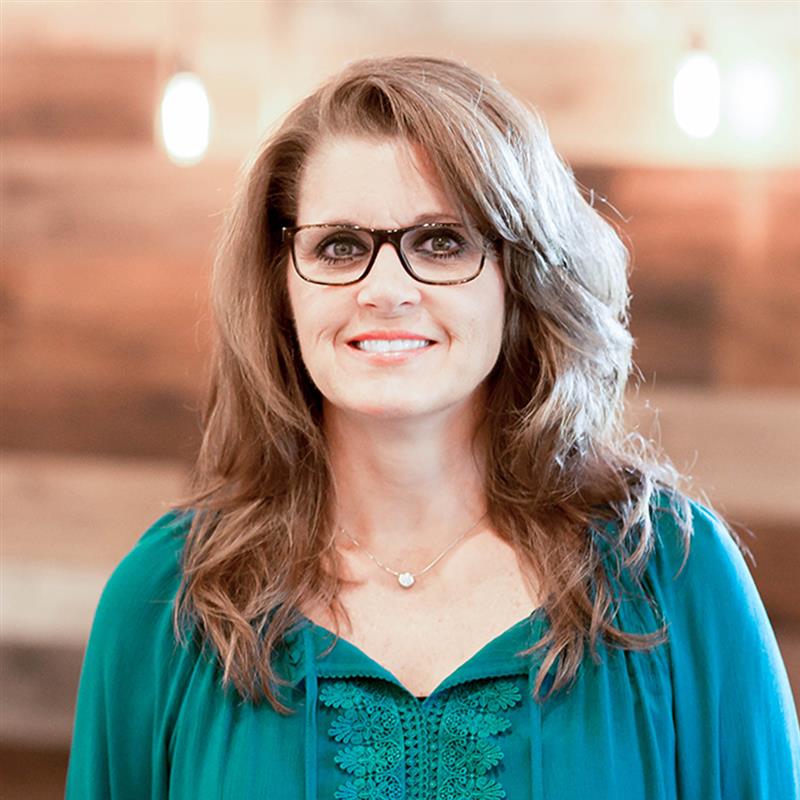I think we can all agree that no child has ever had to be taught how to misbehave, make bad choices, or even lie. That is something we are all born with—the ability to sin. The Bible tells us that “we are all sinners and fall short of the glory of God” (Romans 3:23).
But discussing the meaning of sin and the blessing of forgiveness so your preschooler can understand it is the challenge. Do not underestimate your child’s ability to grasp complex concepts, but do not get lost in too much detail, either. Even if you feel your child is very smart for his or her age, the ability to process information properly does not develop as quickly as the academic learning part of the brain.
From the very beginning of your children’s lives, or even before, begin telling them how much God loves them. Tell them over and over! Let your children know they are special and unique because they are made in God’s image. God wants us to make good choices, learn more about Him, and, most importantly, love Him.
You can teach these things through Bible stories, conversations in your home, and by role modeling for your children. It is important to read from age-appropriate Bibles so your child can understand each story. Shorter versions of Bible stories help convey the same content but in a way that’s easier to understand.
When you are reading the stories, take time to stop and talk about them with your child. For example, the story of Adam and Eve: Explain that God gave them instructions, or rules, about what they could eat and clearly what not to eat. Talk about the sin being the decision that Adam and Eve made to eat even though they knew it was wrong. God had told them not to. They had to make the intentional choice to eat from the forbidden tree. Ask questions like, “How do you think God felt when Adam and Eve disobeyed?”, “What did Adam and Eve do that was wrong?”, “What did Adam and Eve do that was right?”, and “What could Adam and Eve have done differently?”. You can even ask your children what they would have done in the garden. Would they have done the same thing or something different?
As a parent, there is a big difference to teach your child: the difference between a mistake and a sin.
This is very important, because the difference is a heart difference. Both could be wrong and both could be learning opportunities, but the difference is in the child’s mindset and heart.
A mistake is something that happens because the child doesn’t know any better yet.
Children are still learning their world and will make mistakes because learning is occurring. Now a consequence might still be needed for the mistake. But mistakes are usually a teachable moment for the parent and can result in learning to apologize correctly for hurting someone or breaking an item. Mistakes happen to everyone throughout our lives. Be willing to show your children that you, the parent, still make mistakes. It is one of the most powerful ways to teach your children. Talk out loud as you are modeling the situation about the mistake you made, how you plan to correct it, and allow your children to see you make the correction.
A sin is the intentional decision to do wrong or cause harm.
The child must know the rule and decide to break it. The sin will need consequences to make sure they don’t repeat the same thing. God teaches in Romans 6:23 that “the wages of sin is death.” Sinning separates us from God until we confess our sins and ask for His forgiveness. This is something you can teach your children at a very early age through discussion and modeling prayer. This is also where you can begin to develop empathy in your child. Empathy is a very important characteristic that is learned.
Let’s use kicking a ball in the house as an example. The discussion will be simple like, “We have talked about not kicking balls inside the house. It is not safe to kick a ball inside the house. When you kicked the ball, what happened? That’s right, the ball hit the lamp on the table, and it fell over and broke. I need your help to clean it up. How do we use a ball in the house correctly? Yes, inside, we roll the ball. Where can we kick the ball? Yes, in the backyard, the park, or at soccer practice. It wasn’t your lamp to break; it belonged to Mommy and Daddy. It makes us feel sad that you broke it. What could you do to make things better? Yes, an apology would be nice. Thank you.”
In conjunction with sin, we must teach forgiveness.
Because our God is full of love, He is always willing to forgive us every time we ask. The Bible teaches us in Proverbs 28:13, “you will never succeed in life if you try to hide your sins. Confess them and give them up; then God will show mercy to you.” It is very important to teach your children about forgiveness. Admit your sin then ask for God to forgive you.
Going back to the ball-kicking example, you could have a conversation with your child like this to teach forgiveness. “It makes God sad when you do something you know is wrong. What should you do to make things right with God? Yes, pray to tell Him what you did and ask for forgiveness. Would you like to do it on your own, or would you like some help with the prayer?”
If your child asks for help, the prayer will also be simple.
“Dear God, I love you, and I know you love me. I broke the lamp when I kicked the ball. I knew not to kick the ball, but I did it anyway. I am sorry. Please forgive me. I will think more carefully about making good choices in the future. Amen.”
In teaching your child about sin and forgiveness, remember to keep it very simple.
- Condensed stories—depending on the age, certain details can be left out until they are older.
- Condensed verses—make sure they understand the meaning of the verse. More words don’t mean they understand.
- Model acknowledging sin—admit what was said or done.
- Let your child see that you make mistakes, too, and how you handle fixing them.
- Model asking for forgiveness from your child, others, and, most importantly, God.
Teaching our children is a privilege God has given us. We may do this as parents, grandparents, teachers, Sunday School volunteers, or coaches. We need to remember that children are concrete thinkers that have a desire to love God and adults, they learn best by watching others, and they can understand the meaning of age-appropriate stories through discussion. Enjoy watching them grow in their understanding of God and their relationship with Him.

